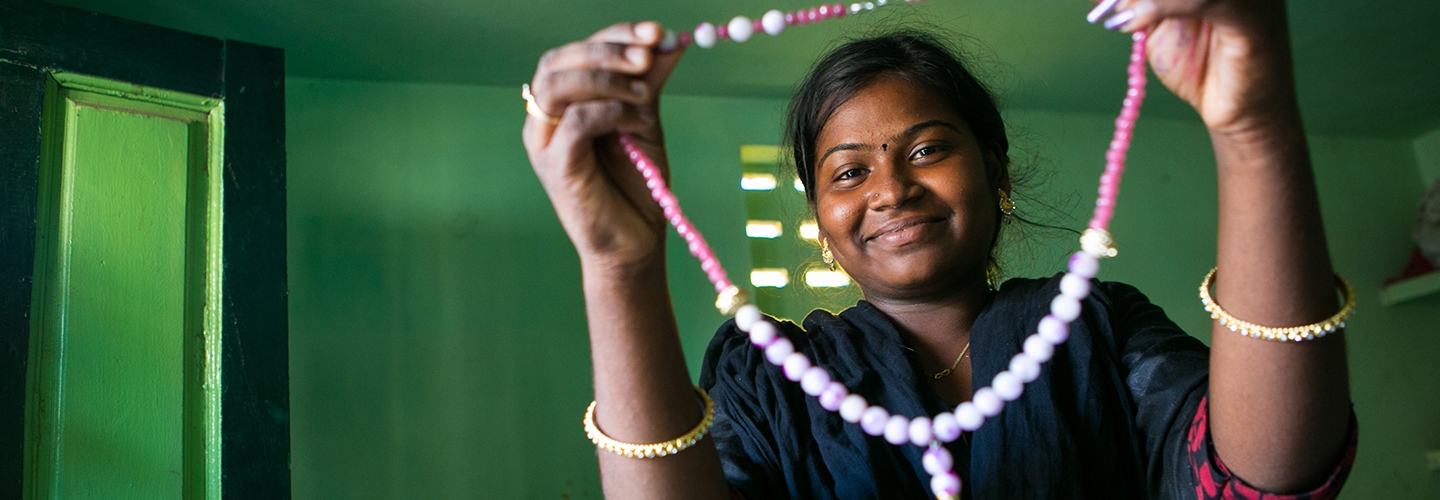We all know that housing is a basic human necessity. To have a place that provides safety and protection from the elements is critical to becoming sustainably self-reliant. Ensuring children have a safe place to live is a top priority for each Zoe Empowers program. Because of the way the Zoe Empowers model adapts, different countries provide solutions to children in different but equally successful ways.
In northeastern Rwanda where Zoe Empowers works, many children are homeless or do not have safe places to stay. To address this, children in Zoe Empowers Rwanda learn home-building and agricultural skills early on. Having a safe place to store the food or livestock they raise and sell is crucial to their success. Groups work together to build one another safe homes they can both live and do business.
As part of their community development efforts, the Rwandan government will give land for families to live on. Zoe Empowers helps children apply for land grants, then groups work together to create bricks for a local builder to use in construction. When the home is ready, Zoe Empowers provides a metal roof, door and windows.
In Kenya, children often have land and housing, but it is often inadequate or has fallen into disrepair. Instead of directly addressing housing, Zoe Empowers Kenya provides greater investment into businesses that earn income quickly. After a few months, most children have enough extra income to improve their homes or build new ones. However, in cases where children are homeless or in unsafe situations, a group can choose to build a home for a child-led family using a Zoe Empowers fund. Together, the group purchases the materials and hires a builder to help them build the house. Similar to Rwanda, Zoe Empowers provides the roof, doors and windows.
When homes are built, Zoe Empowers employs a strategy for ownership that ensures empowerment for the whole family. In Kenya, the policy is to give the home to the youngest child in the family. That way, if an older child decides to marry or move away, the younger siblings can remain in the home. In Rwanda, if all the Zoe Empowers children choose to move out of their home, the house reverts back to Zoe Empowers to be given to another child-led family.
The homes built by ZOE’s empowerment groups are built to look like other homes in the community. This helps children better integrate into their community, and move past the label of “poor orphan.”
Central to ZOE’s home-building process is that every group decides which of them needs a home and works together every step of the way. Building a home together builds the group’s cohesiveness and sense of community. The children’s pride at each home dedication ceremony is awe-inspiring. It is empowerment.
